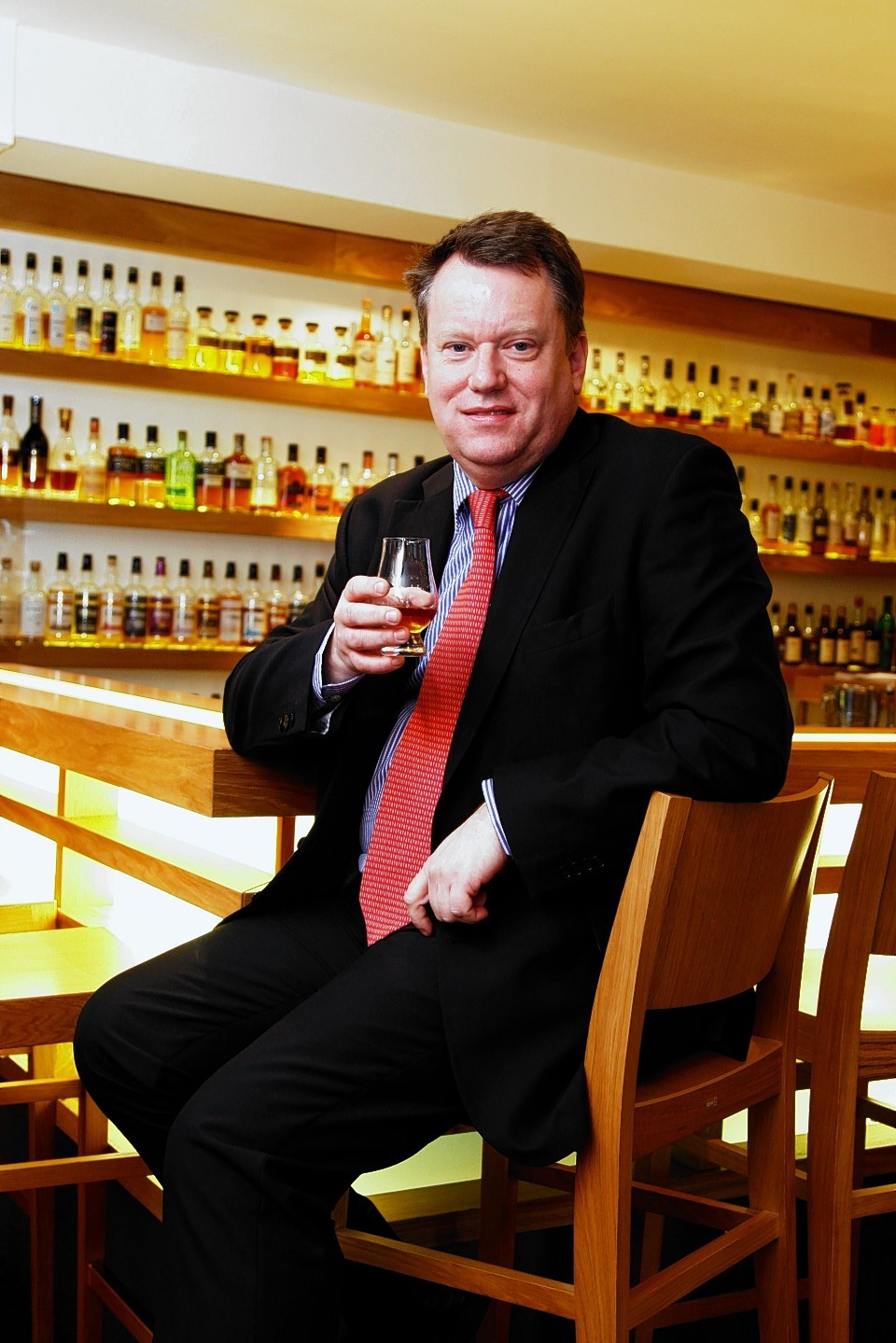Most Scots think the amount of tax paid on a bottle of Scotch whisky is too high, a new poll showed.
More than 90% of Scottish respondents said the 76% tax levied on bottles of whisky was unfair, compared to 85% of the wider British public.
The Scottish Whisky Association (SWA), which ordered the survey, said the tax was “onerous” and “damaging to the economy”.
More jobs could be safeguarded and smaller businesses could flourish if the rate was lower, the trade body said.
Commenting on the findings, SWA chief executive David Frost said: “Thousands of Scots are preparing to celebrate Hogmanay with the traditional glass of Scotch. But almost all of them clearly believe it is wrong that 76% of the price of a bottle of whisky goes straight to the Treasury. We agree that’s unfair too.”
Mr Frost also said Chancellor George Osborne’s move to cut excise duties on spirits by 2% in his March Budget was a boost for the distilleries, but called for the UK Government to push to boat out in its support for the £5billion industry, which supports 40,000 jobs across Britain.
He said: “The bold move by George Osborne in this year’s Budget to cut excise duty by 2% gave a boost to our 117 Scotch whisky distilleries and across our UK supply chain. But that was the first cut in spirits duty in almost 20 years and was only the fifth time that tax on whisky has ever been cut since distilling became legal in 1832.
“So there’s more to be done and we want the UK Government to build on that first step they’ve taken. It’s an exciting time for an iconic Scottish and British industry that is the envy of the world − an industry that creates jobs but also supports thousands of people who work in hospitality, retail and logistics industries the length and breadth of the UK.”
A total of 1,014 people across the UK took part in the survey, which was conducted by Censuswide from December 16-18, 2015.
SWA published the results of the poll a week after hailing the European Court of Justice’s ruling that the Scottish Government’s plan to introduce minimum pricing on alcohol contravenes EU law.
The court said minimum unit pricing (MUP) − an SNP policy – would constitute an obstacle to the free movement of goods and that increasing the taxation would be less restrictive.
The power to raise or lower the rate remains with Westminster, however.
